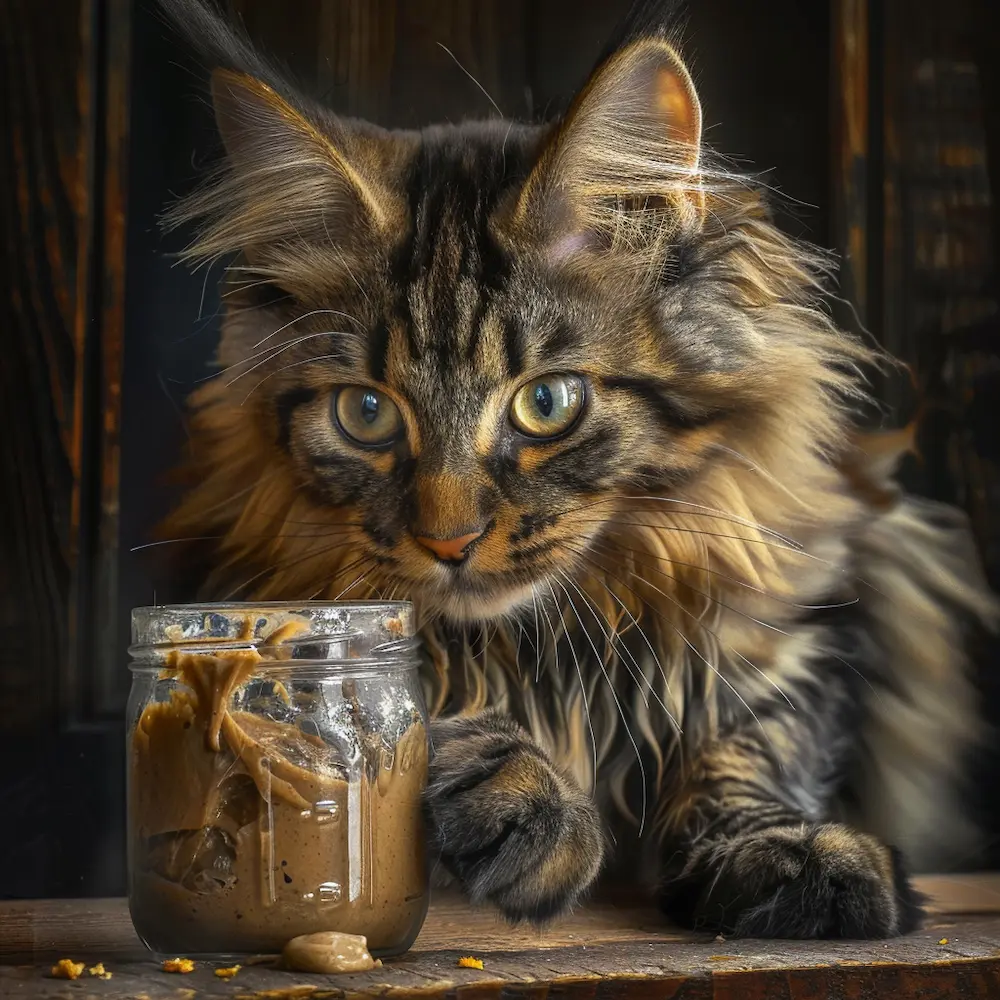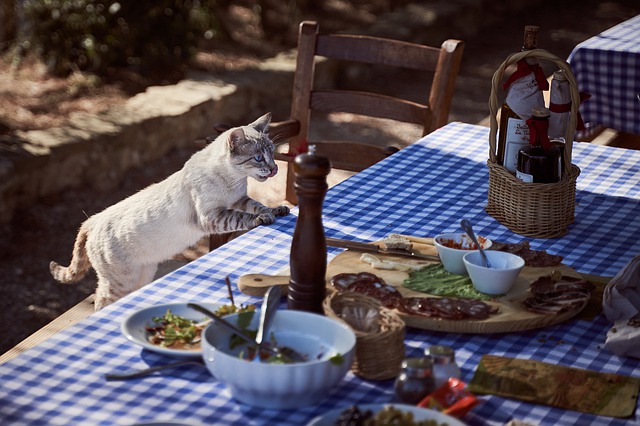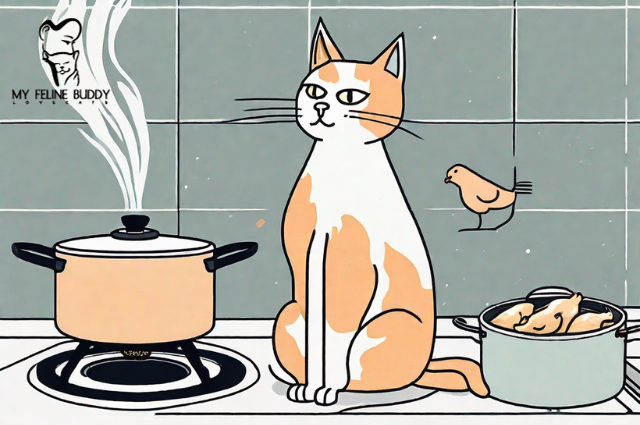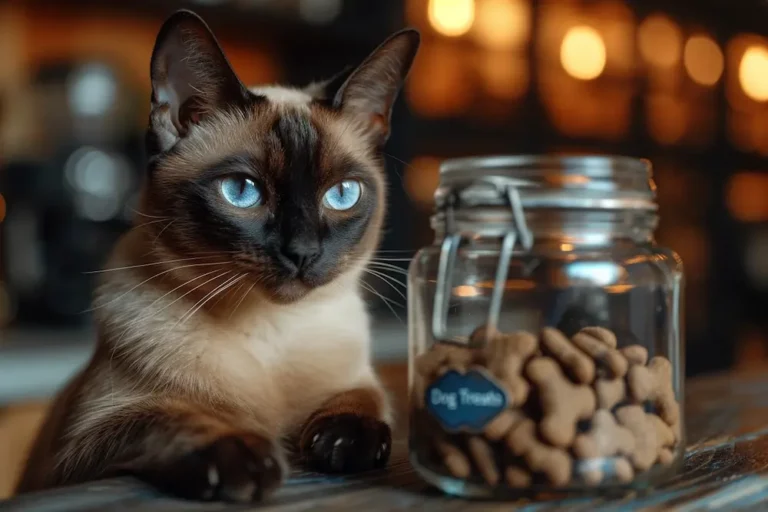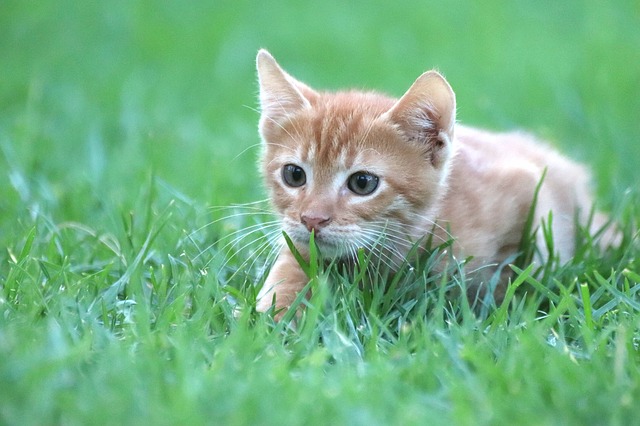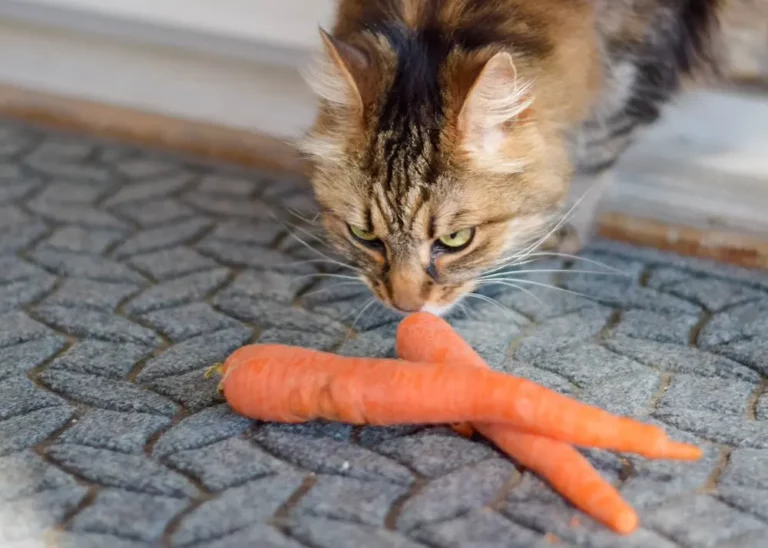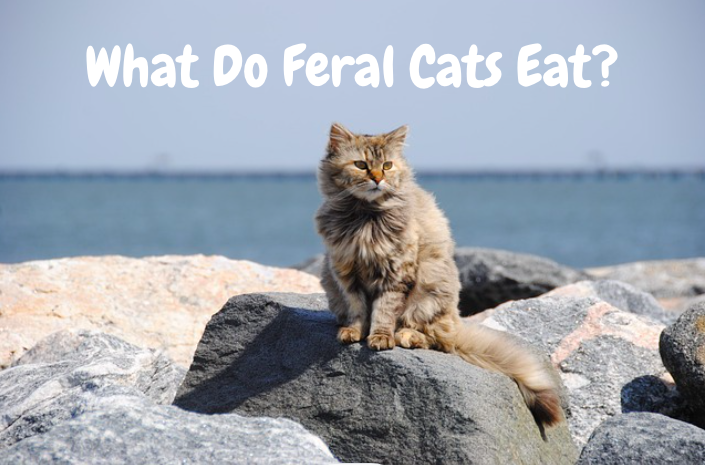Peanut Butter for Cats: Delicious Snack or Dietary No-No?
When I first wondered if cats can eat peanut butter, I was surprised by how complex the answer is.
Sure, peanut butter has proteins and fats, but did you know it can actually pose serious health risks for our furry companions?
Obesity and pancreatitis are just the start; some brands even contain xylitol, which is toxic to our four-legged friends.
So, while it might seem like a harmless treat, the potential dangers are alarming.
But what about any benefits, or possible safe alternatives?
Let’s explore this further to make sure we’re making the best choices for our pets.
Nutritional Content
Peanut butter’s nutritional content includes proteins, fats, and sugars that are primarily beneficial to humans but may pose risks for cats.
As someone who loves both cats and the joy of serving others, I find it important to grasp these differences.
Peanut butter is rich in protein, which is fantastic for building muscle and keeping us full.
It also contains healthy fats that provide energy and support cell growth.
Sugars in peanut butter, while a quick energy source for us, don’t offer much nutritional value.
However, these same nutrients can be problematic for our
The high-fat content can lead to obesity and digestive issues in cats. Proteins in peanut butter mightn’t be as easily digestible for cats as they’re for us.
Additionally, many commercial peanut butters contain added sugars and sometimes artificial sweeteners like xylitol, which is extremely toxic to cats.
Even without these additives, the sugar content can still cause harm.
Knowing this, it’s clear that while peanut butter can be a nutritious snack for humans, it’s not the same for our cats.
Cats’ Dietary Needs
When considering what cats should eat, it’s essential to understand their dietary needs.
Cats need a balance of essential nutrients, including protein, fats, hydration, and fiber, to stay healthy.
Let’s explore how each of these components plays a role in their overall well-being.
Essential Nutrients Required
Cats, being obligate carnivores, need a diet rich in animal proteins and fats to thrive.
As someone who wants to provide the best for our beloved cats, it’s important to understand their essential nutritional requirements. Cats can’t synthesize certain nutrients on their own, so they must get them from their diet.
Here are some key nutrients cats need:
| Nutrient | Importance |
|---|---|
| Taurine | Essential for heart and vision health |
| Arginine | Critical for detoxifying ammonia |
| Vitamin A | Necessary for immune and skin health |
| Niacin (Vitamin B3) | Supports energy metabolism |
| Omega-3 & 6 Fatty Acids | Essential for coat and skin health |
Taurine, for instance, is crucial for maintaining healthy heart and vision.
Without it, cats can suffer from severe health issues.
Arginine helps detoxify ammonia in the body, preventing harmful buildup.
Vitamin A is another important nutrient, playing a significant role in immune health and maintaining healthy skin and coat.
Niacin, or Vitamin B3, supports energy metabolism, ensuring your
Finally, omega-3 and omega-6 fatty acids are essential for maintaining a shiny coat and healthy skin.
By ensuring these nutrients are part of their diet, we can help our cats lead healthier, happier lives.
Protein and Fats
A
As obligate carnivores, cats require animal-based proteins to thrive.
These proteins provide amino acids like taurine, which are essential for heart function, vision, and reproduction. Without these, cats can suffer from severe health issues.
Fats are another critical component of a
Omega-3 and Omega-6 fatty acids, found in animal fats, play a crucial role in reducing inflammation and supporting brain health.
When considering treats like peanut butter, it’s important to remember that while it contains protein and fats, they’re primarily plant-based. Cats’ digestive systems aren’t designed to process plant-based nutrients efficiently.
Peanut butter also often contains additives like sugar and salt, which can be harmful in large quantities.
Therefore, while a small lick of peanut butter mightn’t harm your
Always prioritize their dietary needs to make sure they remain healthy and happy.
Hydration and Fiber
Alongside proteins and fats, ensuring proper hydration and fiber intake is essential for maintaining a
Cats are notorious for not drinking enough water, which can lead to urinary tract issues and dehydration.
To keep them hydrated, I always make sure there’s fresh water available. Wet
Fiber, though not needed in large amounts, helps support their digestive system.
It can prevent constipation and aid in weight management.
Here are a few ways I ensure my
- Fresh Water: I keep a bowl of clean water available at all times and change it daily.
- Wet Food: Including wet
cat food in their diet boosts their water intake. - Fiber-Rich Treats: I sometimes give them fiber-rich
cat treats for an extra boost. - Pumpkin Puree: A small spoonful of plain pumpkin puree can be mixed into their food.
- Hydration Fountains: Cats often prefer running water, so a pet fountain can encourage them to drink more.
Safe Alternatives To Peanut Butter
When looking for safe alternatives to peanut butter, I often turn to
Cats have unique dietary requirements, and offering them appropriate treats guarantees they stay healthy and happy.
Here are some of my favorite alternatives that cats can enjoy without risking their health:
- Plain Cooked Chicken: A great source of protein that cats love. Just make sure it’s unseasoned and boneless.
- Cooked Fish: Options like salmon or tuna (in moderation) can be a tasty treat. Make sure the fish is fully cooked and free of any bones.
- Catnip: Many cats go wild for catnip. It’s a safe and natural treat that can provide lots of entertainment.
- Commercial
Cat Treats: There are plenty of specially formulatedcat treats on the market that cater to their nutritional needs. - Pumpkin Puree: Plain pumpkin puree (not the spiced pie filling) can be a healthy treat that helps with digestion.
Final Thoughts
Ultimately, we need to prioritize our cats’ health by steering clear of peanut butter and opting for safer, vet-approved treats.
Peanut butter might seem harmless, but it’s not worth the risks it could pose to our furry companions.
Cats have unique dietary needs, and it’s our responsibility to make sure they’re met in the healthiest way possible.
